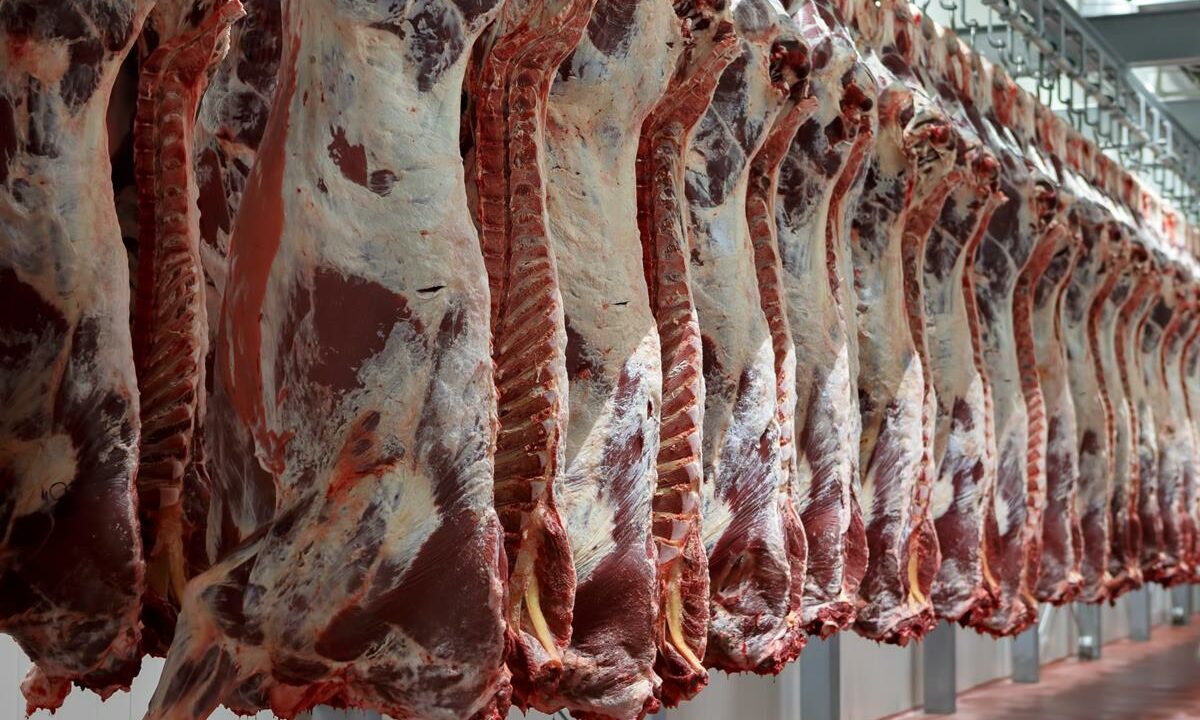There have been five antibiotic non-compliances reported in the bovine sector last year, according to the Department of Agriculture, Food and the Marine (DAFM).
Two of these were targeted samples and the remaining three were identified as suspects, results of testing carried out under the National Residue Control Plan (NRCP) show.
In the case of the suspects, the carcases are detained on suspicion by DAFM veterinary inspectors in the slaughter plant and are excluded from the food chain.
Risk assessments conducted by the Food Safety Authority of Ireland (FSAI) did not indicate an “unacceptable risk” to consumer health, and thus no products were recalled.
Residue testing
The overall rate of compliance remains at an “extremely” high level of 99.9%. This high level of compliance has been consistent going back to 2013, the DAFM said.
The NRCP involves testing for banned substances, approved veterinary medicines, approved animal feed additives and environmental contaminants.
14,085 samples were tested in 2022 across bovine, ovine, caprine, porcine, equine, poultry, farmed game, wild game and aquaculture, as well as milk, eggs and honey.
In total, 23 samples were identified as non-compliant and of these the majority related to residues of authorised medicines. There was no unacceptable food safety risk to consumers.
Follow up on-farm investigations by the DAFM took place for those non-compliances where further action was deemed necessary, according to the report.
There was no evidence of the illegal use of banned growth promoting hormones or other banned substances in food-producing animals in Ireland, the DAFM said.
Antibiotic non-compliances
Residues of authorised veterinary medicines greater than the maximum residue limits set for the major food-producing species under EU regulation were found in a total of 16 samples.
In the milk sector, five samples contained residues of anthelmintics (three samples), which are medicines for the control and treatment of parasites, and antibiotics (two samples).
This indicated that specific post-treatment withdrawal periods had not been observed or incorrect administration had occurred, the report published today (Friday, December 22) shows.
In the ovine sector, three samples contained residues of anthelmintics (two samples) and antibiotics (one sample). Anthelmintic positives fell from 19 in 2019 to two in 2022.
In the poultry sector one sample tested positive for cyromazine (anticoccidials). The follow up investigation determined that there was no evidence of illegal use, the DAFM said.

The substance salbutamol was detected in a bovine sample, which was most likely due to cross contamination at the time the samples were taken rather than arising from any illegal use.
Six cases of nitrofurans (SEM) were also identified in the bovine sector in 2022, however, there was no evidence of any illegal use with any of the non-compliances.
The contributing factors identified in a number of these cases were due to the bovines ingesting foliage (seaweed) at farms located close to the coast, the DAFM said.
Imports of animal origin
Products of animal origin entering the EU through Ireland are subject to sampling and analysis for residues. Tests are carried out under monitoring plans or on suspicion of an irregularity.
In 2022, 76 samples were taken from consignments imported directly into Ireland from countries outside the EU/EEA. No positive samples were identified, the DAFM said.
